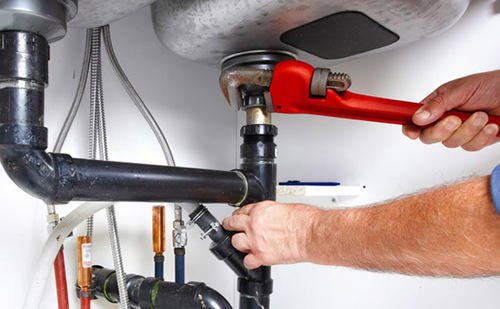Quick Guide – What to Do While Waiting for an Emergency Plumber?
When faced with a plumbing emergency, waiting for a professional plumber can be stressful, but there are several steps you can take to manage the situation effectively and minimize damage until help arrives. First and foremost, if you have not already, turn off the main water supply to your home. Shutting off the water will prevent further flooding and give you a clearer understanding of the extent of the problem. Once the water is off, assess the situation to determine if there are any immediate dangers, such as electrical hazards. If you suspect that water has come into contact with electrical outlets, it is crucial to avoid using them and consider turning off the electricity at the main circuit breaker if it is safe to do so. Next, start containing the problem by using towels, buckets, or any other containers to catch dripping or pooling water. Place them strategically around the affected area to prevent further water damage to your floors and furniture. If the leak is coming from a visible pipe, try to use tape or a temporary sealant to control the flow of water. While this would not be a permanent fix, it can help manage the situation until the plumber arrives.

If you have access to a shop vac or a wet/dry vacuum, use it to remove standing water and reduce the risk of water damage. Ensure that you are using the vacuum safely, keeping electrical cords and connections away from water. Additionally, if there is significant water damage or the potential for mold growth, it is important to address it promptly. Use fans and dehumidifiers to help dry out the area, which can prevent mold and mildew from developing local plumber in Milton Keynes. For smaller leaks or issues, you might be able to perform a temporary repair. For instance, if a pipe is leaking at a joint, you can wrap it with plumbing tape or a rubber patch, secured with clamps. However, be cautious with these DIY fixes, as they are only temporary and can sometimes exacerbate the issue if not done correctly.
It is also a good time to locate and review your home’s emergency contact list. Ensure you have the plumber’s contact details handy, and keep any necessary information about your home’s plumbing system readily available, such as the location of shut-off valves and any recent repairs. If you live in a multi-unit building, notify your building manager or maintenance team, as they might be able to provide assistance or access additional resources. Finally, try to remain calm and patient. Emergency plumbers are trained to handle a wide range of issues and will arrive as quickly as possible. Keeping your environment controlled and your responses measured will make their job easier and help ensure that the problem is resolved effectively. In the meantime, keeping communication open and staying informed about the progress of the repair can help manage the situation until professional help arrives.